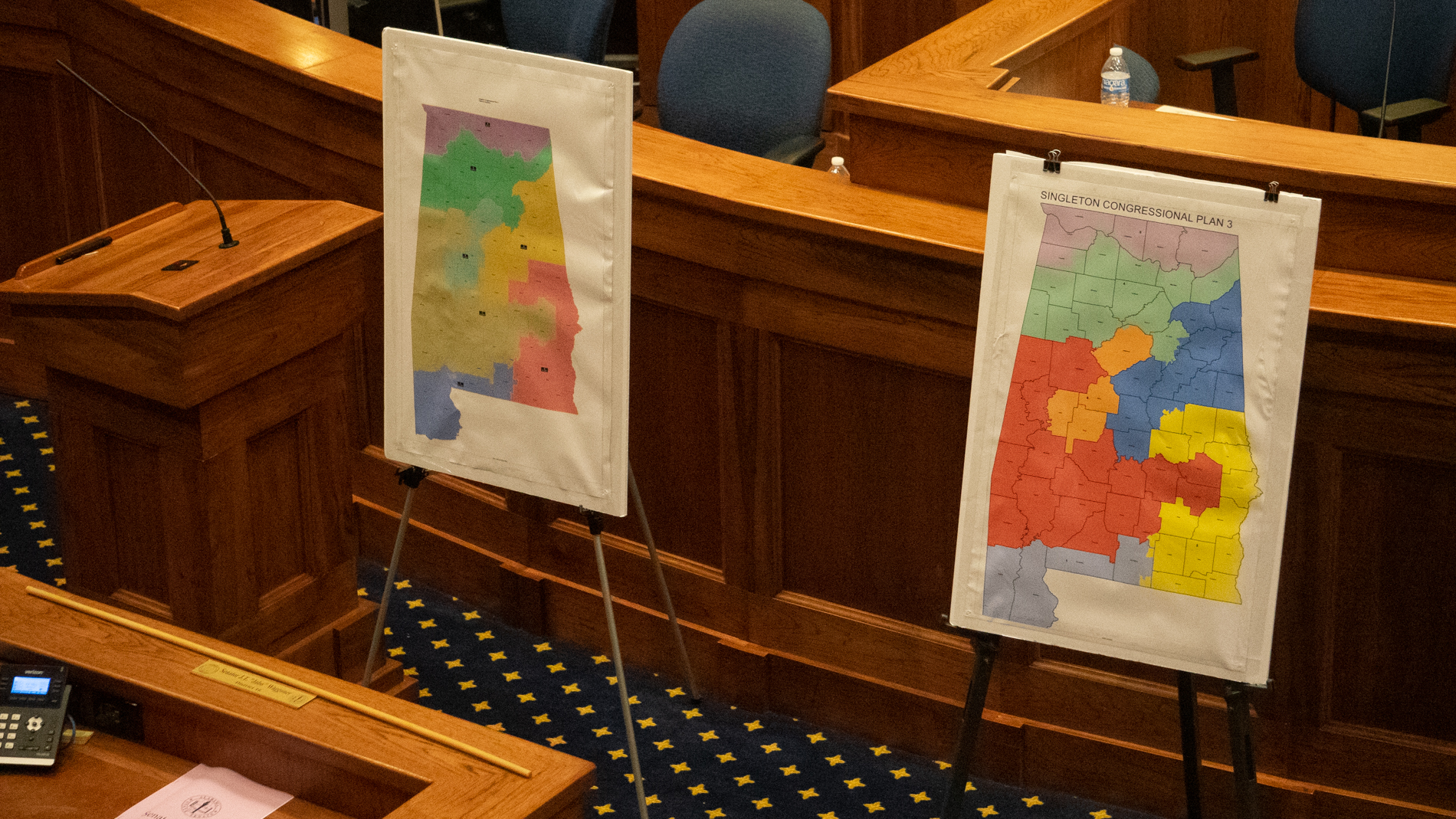A three-judge federal panel in the Northern District of Alabama filed a preliminary injunction Monday night blocking Alabama’s proposed redistricting plan, ruling that the plaintiffs were likely to prevail in their arguments that the new maps violate the Voting Rights Act.
The plaintiffs in the case, led by the NAACP, argued that the 2021 maps, which maintained just one majority-minority congressional district – Rep. Terri Sewell’s 7th District – was discriminatory to Black voters, because it packed them into the single district and prevented them from forming meaningful coalitions with other minority or like-minded white voters to impact races in additional districts. According to the most recent census figures, Blacks make up 27 percent of the Alabama population, yet Alabama’s new maps maintain a 14-percent minority representation.
The remedy, the ruling states, is a second majority-minority district.
“… the court concludes that the … plaintiffs are substantially likely to establish each part of the Supreme Court test, including: (1) that Black Alabamians are sufficiently numerous to constitute a voting-age majority in a second congressional district; (2) that Alabama’s Black population in the challenged districts is sufficiently geographically compact to constitute a voting-age majority in a second reasonably configured district, (3) that voting in the challenged districts is intensely racially polarized, and (4) that under the totality of the circumstances, including the factors that the Supreme Court has instructed the court to consider, Black voters have less opportunity than other Alabamians to elect candidates of their choice to Congress,” the ruling read.
Alabama Attorney General Steve Marshall issued a statement late Monday saying his office planned to appeal the decision.
Where the injunction, and the ongoing legal processes, leaves Alabama’s upcoming elections wasn’t immediately clear. Secretary of State John Merrill said he and his legal team were still trying to ascertain just what the ruling meant and get more information.
According to sources familiar with the process, Alabama officials are currently asking the federal court if the ruling enjoins both congressional and state legislative elections or only the congressional races. If it’s the latter, the state is much less of a bind.
Qualifying for all races is supposed to end on Friday, but the court stayed that deadline and extended it to Feb. 11. That provides the legislature, which is currently in session, with some time to correct the maps. But if those deadlines are passed, which they certainly could be if the state insists on appealing the decision, the process could start to seriously disrupt the election timetable.
That the court struck down Alabama’s new congressional maps isn’t a surprise. Many legal experts predicted that the new maps were, at best, questionable due to a number of factors. In addition to the minority population in the state far exceeding the congressional representation, there was also the fact that the minority population was growing rapidly. That meant the new maps, which will be in place for another 10 years, would be even more discriminatory before the next reapportionment opportunity.
The ruling not only confirmed Democrats’ arguments that the maps were unfair, it also supplied a national victory. If Alabama is forced to carry through and draw a new majority-minority district, that representative would stand a good chance of being a Democrat. In a Congress controlled by a 5-vote Democratic majority, that could significantly improve Democrats’ chances of maintaining control in the midterms.
“This is obviously a huge victory for fairness and voting rights and a big loss for Merrill and ALGOP,” said Wade Perry, the executive director of the Alabama Democratic Party.



















































